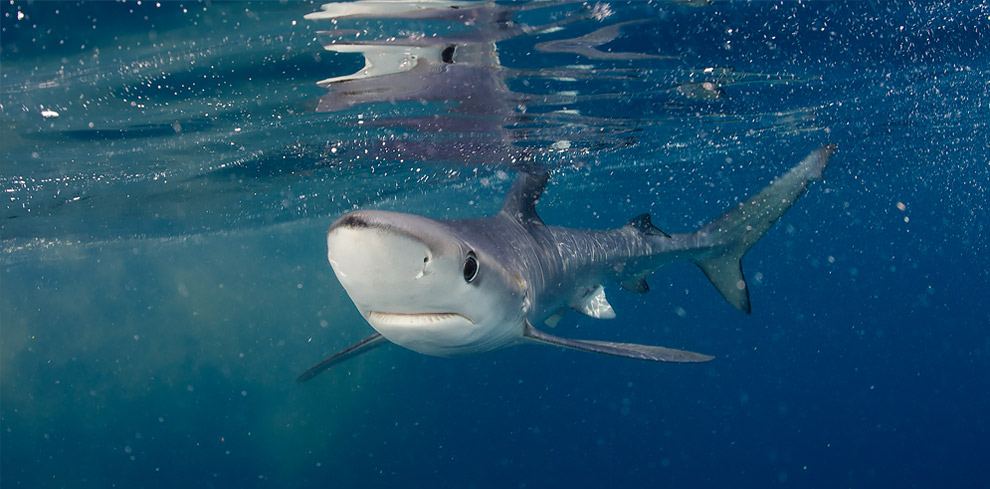Conservation at Work

1,000 Birds in Bolivia’s Madidi
Identidad Madidi is a groundbreaking, multi-institutional expedition in Bolivia’s Madidi National Park, led by WCS. The two-year project aims to bring attention to the unparalleled biodiversity of Madidi, and to showcase Bolivia’s natural heritage. As the expedition reached its halfway mark this summer, the participating scientists announced they had recorded the 1,000th known bird species within the park—a huge milestone.
The team was surprised by the presence of this 1,000th bird, the dusky-tailed flatbill, as they suddenly heard its song while analyzing hours upon hours of audio recordings. Victor Hugo Garcia, the scientist who first discovered the species on the recording, said: “As a young Bolivian ornithologist, it is so exciting to be working in this incredible park.” He went on to say, “Listening through hours of recordings after every field trip is a major commitment and perhaps not particularly thrilling, but surprises like this make it all worthwhile.”
In addition to 1,000 birds, 173 vertebrate species and more than 500 butterfly varieties have been added to the formal park species list across the expedition’s first seven sites. The expedition has also resulted in the discovery of several brand new species, including three catfish, a spectacled lizard, and a gladiator frog.
Follow the expedition as it continues throughout the next year at IdentidadMadidi.org, or Facebook.com/IdentidadMadidi.
WCS and Morgan Stanley: Lights on Broadway
This summer, WCS’s mission and brand were featured across seven billboards in Times Square, courtesy of a pro-bono opportunity from Morgan Stanley. As the dedicated partner for June in the “Morgan Stanley Lights on Broadway” program, WCS was able to reach New Yorkers and visitors from all over the world with our message to #StandForWildlife.










